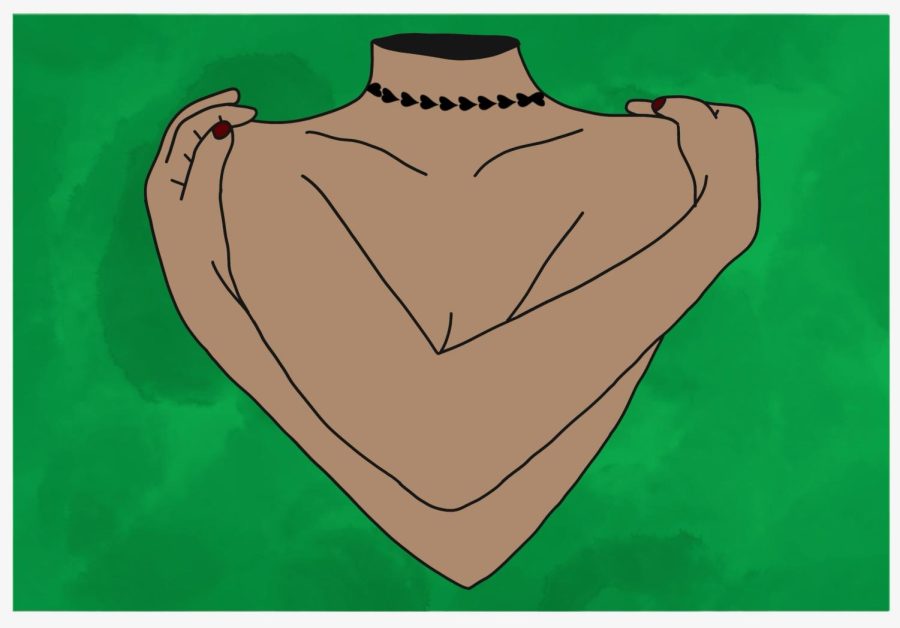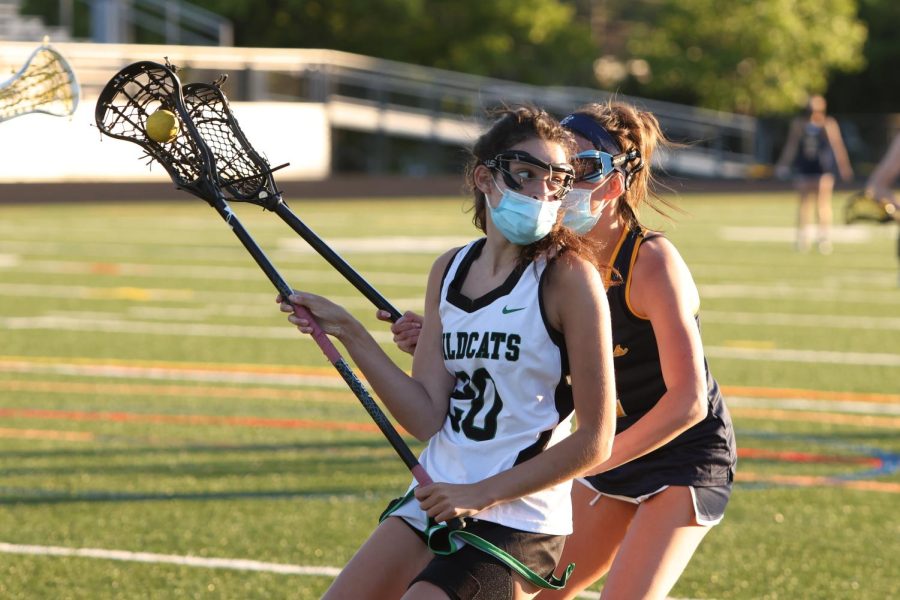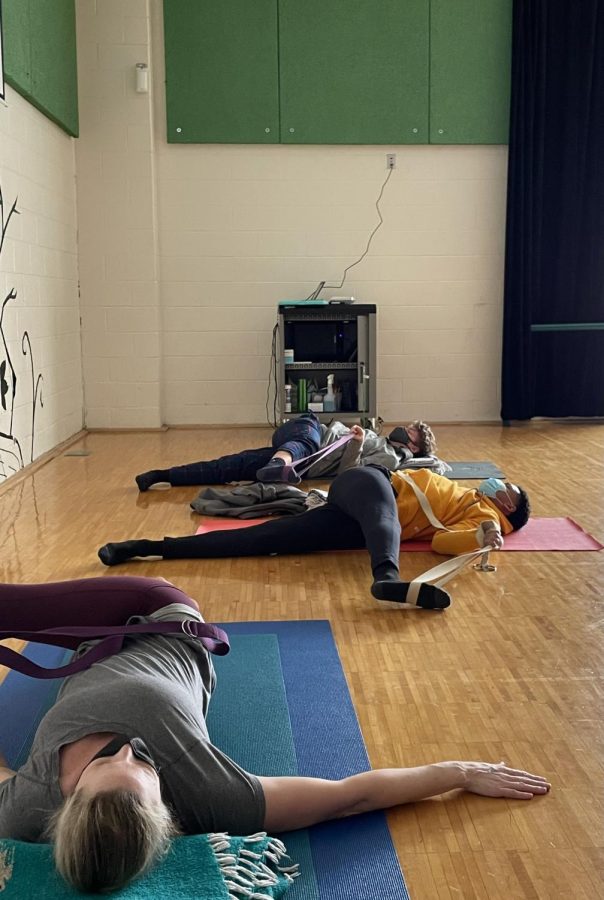As the end of senior year is around the corner, the talk of senior superlatives swarms the halls. The most common question students will ask each other is “what do you think I will be voted for?” But really the question should be, “what category do others put me in?”
Your peers have voted each other into a variety of categories using their best judgment, but that judgment either comes from a place of humor or spite. In this generation, we are collectively more aware of our feelings, and what was once meant to be a fun tradition has turned into another offensive and attacking concept.
Being nominated for a superlative can be very unexpected for some people. Sometimes it’s complementary and lifts your chin up a little bit. You might think “omg, people think I have nice eyes, how sweet.” However, when those two people win “best eyes”, four or five other people just lost. If you thought you had the chance of winning, there’s your rude awakening; the senior class just gave you a ranking.
The issue with these categories is that they go beyond just judging someone’s appearance. They begin to depict personalities that create assumptions and overarching opinions such as “most intimidating,” “biggest mask fish,” “eternal freshman,” and “biggest flirt”. You probably know an eighth of the people in the senior class, so who are you to put a label on people you don’t really know?
When you look up superlative on Google, the definition you get is, “Of highest quality or degree.” How incredibly demoralizing that is when you are nominated and don’t win because you are not of the highest quality to others? Some people are unaffected by these judgments, but others may be more sensitive about the underlying message.
Entering the 21st century, there was a shift in the way we are and behave as humans. Categorizing people based on what we hear or what we see is no longer acceptable, let alone valid.
Inclusion and representation are ideas WJ is very big on. Whenever the community is faced with a challenge or animosity floods the hallways, Principal Jennifer Baker is quick to encourage uplifting behavior where “students support students”. What on earth is supportive about placing people into categories? The whole concept of senior superlatives is not uplifting at all, and if WJ wants to be known for this mindset, then they need to give this tradition the boot.
When our parents were in high school, this was considered fun. Now, it’s damaging to our very self aware society. Those nominees who win get an unexpected confidence boost and those who lose get their confidence bashed. But wait, those who are not even taken into consideration for the category are also left out. This goes against the inclusive student body we are so known to have.
People are often opposed to change and traditions are meant to be carried on. But change is good and traditions that no longer mirror socially acceptable behaviors should be replaced. Our generation is far too pregressive to let this go.











































